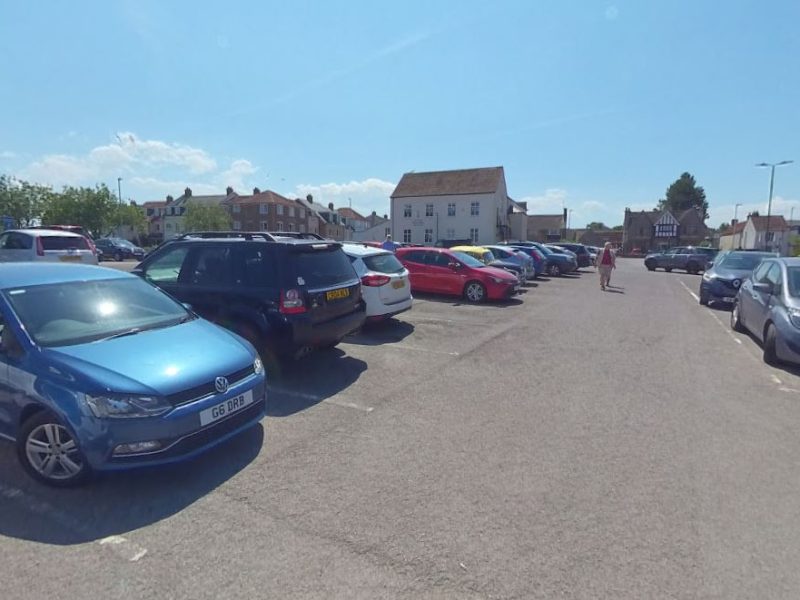THORNBURY’S trade body has warned that new parking charges being introduced next year “threaten the survival” of businesses.
South Gloucestershire Council released details last month of the charges it says will “go live” at 22 car parks in the district next spring.
There will be separate long and short stay charges, with short stays costing between 70p for an hour and £4.50 for the maximum four hours.
In long stay car parks, the minimum charge will be £3 for up to four hours, rising to £9 for a day.
People who use car parks every day will be able to buy season tickets, ranging from £24 a week to £1,008 a year.
The council says that “at least 10% of spaces” in short stay car parks will be free for stays of up to 30 minutes.
Blue badge holders will be able to park free for four hours in both short and long stay car parks.
Three car parks in Thornbury are affected: Rock Street and Castle Court, which have a mixture of long and short-stay places, and St Mary Street, which is short stay-only and will have a “validation system” so people visiting nearby health facilities can park free.
£1,000 a year for workers to park ‘simply unsustainable’
Thornbury Chamber of Commerce, which has opposed the charges since they were first mooted last year, says they will affect residents, visitors and staff who use the car parks while at work.
A chamber spokesperson said: “Thornbury businesses are already facing immense challenges and the proposed additional cost of possibly over £1,000 per staff member per year is simply unsustainable.
“Moreover, these parking charges will worsen ongoing issues such as off-street parking incidents, forcing more vehicles into residential areas and creating congestion and safety concerns.”
The chamber said that in earlier meetings with then-council leader Claire Young, now the town’s MP, she had “assured the Chamber of Commerce that Thornbury would be treated as an individual case”.
The spokesperson said: “The proposals now outlined fail to consider the unique challenges we continue to face in the town.
“SGC is instead proposing changes that will drive away customers, deter staff and threaten the survival of local enterprises.
“We urge the council to reconsider this proposal before it causes irreversible damage to Thornbury’s economy and the livelihood of its residents.”
Town council concerns
Thornbury Town Council has also expressed alarm.
A spokesperson said: “We are seeing and hearing the concerns being raised and sympathise with people’s frustrations.
“Parking charges take away the convenience of going to the town, businesses fear the financial impact of the charges through deterring customers and reducing foot traffic in the town, displacement of parking, along with commuting workers, who will need to find £1,000 for a permit or £9 per day from their salaries.”
The town council is urging people to email parkingchargeslaunch@southglos.gov.uk with their concerns.
Charges were agreed in principle as part of this year’s council budget and the authority estimates that they will raise more than £800,000 per year.
Council-owned car parks at Thornbury Leisure Centre and Park Road will not be affected.
Charges will apply between 8am and 6pm, Mondays to Saturdays, with parking remaining free on Sundays and Bank Holidays, excluding Park and Ride and station car parks.
Payments will be cashless, using cards or an app.
‘Financial situation’ behind council’s decision
Council cabinet member for communities Sean Rhodes said: “We know that many residents did not want to have to pay car park charges locally.
“However, the financial situation faced by the council, and the assumptions built into the previous budget by the previous administration, mean that we have had to take this decision.
“We are all used to paying for parking when we drive almost anywhere outside of South Gloucestershire, but I am pleased that we will be able to set charges as low as possible, while still generating important revenue for the council, which will allow us to protect other vital services.”


